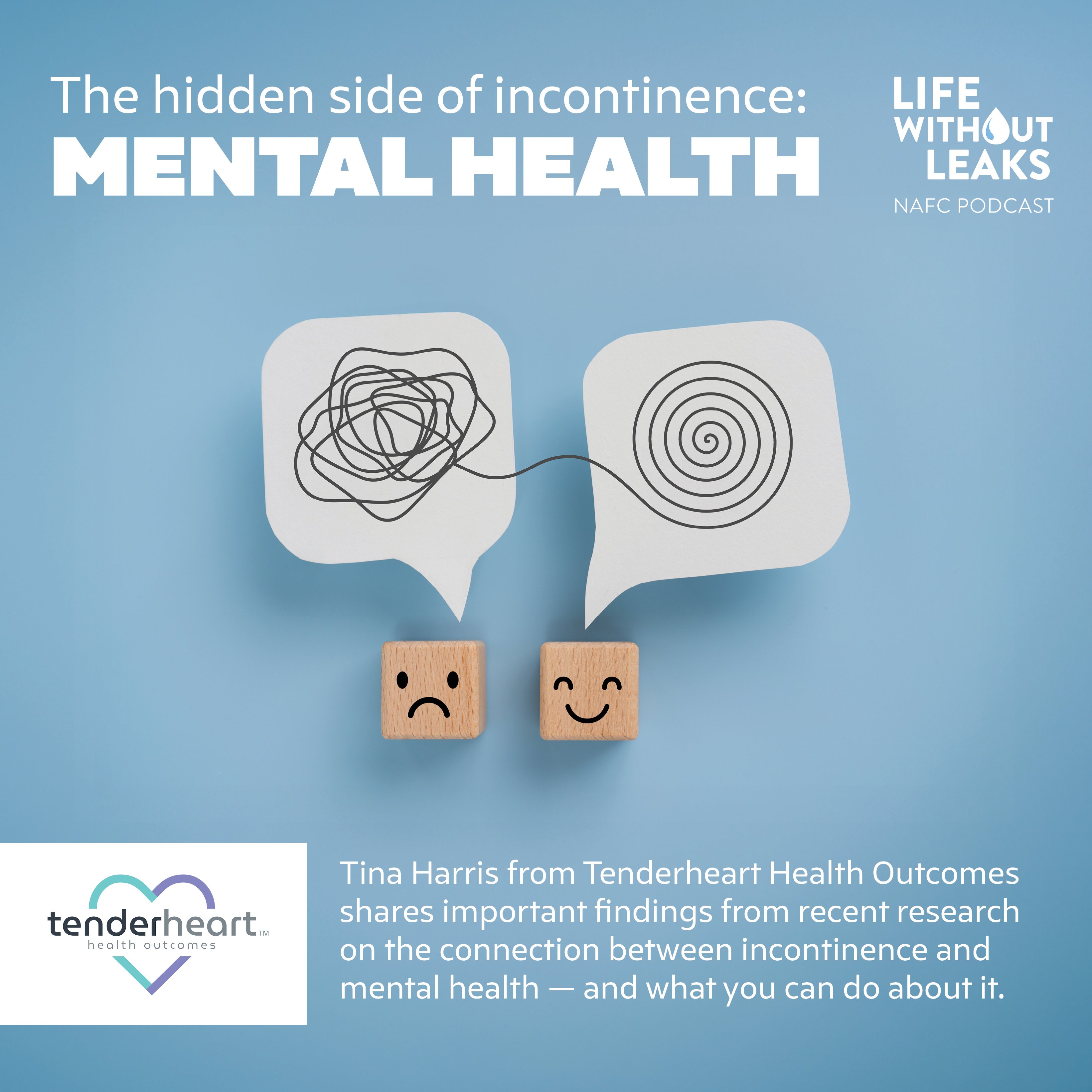Overactive bladder (OAB) can significantly impact one’s quality of life, leading individuals to seek relief through various means, including herbal remedies. In this comprehensive guide, we delve into the realm of herbal treatments for OAB symptoms, including urge incontinence exploring their efficacy and practicality for managing this common condition within the spectrum of incontinence.
Understanding Overactive Bladder and Urge Incontinence
Before delving into herbal remedies, it’s crucial to understand OAB and its implications within the broader context of incontinence. Overactive bladder, also sometimes called Urinary Urgency, is characterized by sudden, involuntary bladder contractions that lead to a frequent and urgent need to urinate, often accompanied by urinary incontinence. This condition affects millions worldwide, impacting both men and women of all ages.
Current Treatment Landscape
Traditional treatments for OAB typically involve lifestyle modifications, behavioral therapies, medication, and, in severe cases, surgery. While these approaches can be effective, they may not suit everyone and can come with potential side effects or limitations.
Exploring Herbal Remedies like Natural Solutions for Alleviating OAB Symptoms
- Gosha-jinki-gan (GJG): This traditional Japanese herbal formula has shown promise in alleviating OAB symptoms by targeting bladder function and reducing urinary frequency.
- Pumpkin Seed Extract: Rich in antioxidants and nutrients, pumpkin seed extract has been studied for its potential to improve bladder function and reduce OAB symptoms, such as urgency and frequency.
- Ganoderma lucidum (Reishi Mushroom): Known for its anti-inflammatory and immune-boosting properties, Reishi mushroom may offer benefits for individuals with OAB by supporting bladder health and reducing inflammation.
- Capsaicin: Found in chili peppers, capsaicin has been explored for its ability to desensitize bladder nerves, potentially reducing urinary urgency and frequency in individuals with OAB.
Practical Tips for Managing OAB Symptoms with Herbal Remedies
-
- Consult with a Healthcare Professional: Before incorporating herbal remedies into your OAB management plan, consult with a healthcare provider to ensure safety and efficacy, especially if you’re currently taking medications or have underlying health conditions.
-
- Start Slowly: When trying Natural Solutions for Alleviate OAB Symptoms, start with small doses and monitor your body’s response. Give each remedy sufficient time to take effect before assessing its effectiveness.
-
- Stay Hydrated: While it may seem counterintuitive, staying hydrated is crucial for bladder health. Aim to drink plenty of water throughout the day to maintain bladder function and minimize irritation.
-
- Maintain a Healthy Lifestyle: Incorporate regular exercise, stress management techniques, and a balanced diet rich in fruits, vegetables, and whole grains to support overall urinary health
Read this roundup of 5 popular herbs used to treat overactive bladder, and talk with your doctor before starting any treatment.
Natural Solutions for Alleviating OAB Symptoms
- While herbal remedies offer potential benefits for managing OAB symptoms, it’s essential to approach them with caution and under the guidance of a healthcare professional. By combining herbal treatments with lifestyle modifications and traditional therapies, individuals with OAB can optimize their bladder health and improve their quality of life.






